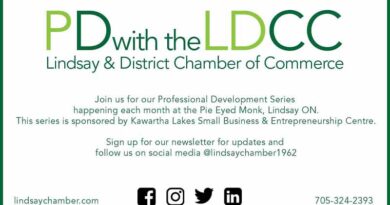What is a Reverse Mortgage
What is a Reverse Mortgage?
Reverse mortgages allow homeowners who are at least 55 years of age, regardless of income, access to the equity in their homes. Sometimes called an “equity release” it allows homeowners to access up to 65% of the current value of their home. Currently, two financial institutions offer a reverse mortgage; the Canadian Home Income Plan (CHIP) and Equitable Bank in some major urban areas.
How does it work?
When applying for a reverse mortgage, your lender will consider your age, the ages of any other individuals on title, where you live, and your home’s condition. An appraisal will determine the value of your home.
Before getting a reverse mortgage you must pay off any outstanding loans, mortgages or lines of credit which are secured by your home. The proceeds of your reverse mortgage can be used to do it.
Once that has been done you can use the money any way you need or want; pay for home repairs or improvements or your everyday bills, cover healthcare expenses or repay other debts not secured by your home.
How do I repay the loan?
There are no monthly payments on the loan; while you do have the option to repay the principal and interest at any time there may be a fee to pay off your loan early.
You only have to repay the loan if you sell your home, move out of your home, the last borrower dies or if you default on the loan. Defaulting on the loan can happen if you are using the money from your loan for illegal activities, if you are dishonest in your application, allow your home to fall into a state of disrepair – which would lower its value – or if you fail to follow any conditions set in your reverse mortgage contract.
Pros and Cons of a Reverse Mortgage
The biggest pro is that you remain in your own home while accessing equity without selling and there are no regular payments on the loan, leaving more money to cover monthly expenses. You don’t pay taxes on the money you borrow so it won’t affect your Old-Age Security or Guaranteed Income Supplement benefits.
The downside is that the interest rates and costs are higher than most other types of mortgages. The equity in your home may also go down as you accumulate interest and there could be less money in your estate to leave your children or other beneficiaries; and your estate has to repay the loan and interest within a set period when you pass away.
The Mortgage Store has other options available to create a reverse mortgage where the interest rate is much lower and virtually no penalty.
Talk to us today, and stay in your own home longer.
Your Mortgage Advocate,
Michael Cara




